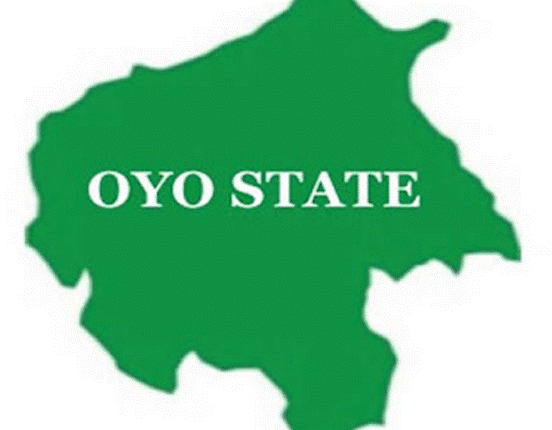Two farmers’ associations in Oyo State have identified land clearing and high cost of inputs as the challenges facing farmers in the 2022 planting season.
Mr John Olateru, the Oyo State Chairman, All Farmers Association of Nigeria (AFAN) and Mr Kayode Akinade, the Oyo State Chairman, Rice Farmers Association of Nigeria (RIFAN), stated this in separate interviews with the News Agency of Nigeria (NAN) in Ibadan on Sunday.
The duo called on the government for steady intervention for farmers to mitigate their challenges and reduce the cost of food commodities in 2022.
Olateru said “there is no country throughout the world that left their farmers all alone. They are supporting them in one way or the other.
“It must be done in a way that farmers will benefit and it will not be hijacked by politicians. Fertilisers issue needs to be resolved.
“But not only fertilisers there are some other chemicals and inputs that farmers are using that they need help with that it can bring the economic cost of production down.
“If the economic cost of production is reduced the price of commodities will be down. The farmers’ output will be available for the public at the highly reduced rate and this will be a betterment for the whole country, a win-win.
“But if we leave the situation as it is now, I can tell you the cost of feed will continue to go up and the farmers cannot bear the brunch alone; they will pass it on for those uptaking their products.”
He stated that some of the agricultural inputs that were without taxes in the past are now being taxed; tractors, agrochemicals and so on have attracted value added tax at 7.5 per cent and duties minimum of five per cent.
“This makes 12.5 per cent duties on agriculture input that are being imported and this is contributing to the cost of production thereby high cost of commodities. Whereas these are supposed to be zero duties.
“Government needs to review these to bring down food prices and attract more people into agriculture and value chains who will not be disappointed, especially the youths as they will get returns on their investments,” he said.
Also, Akinade said the major challenge which has been constant was land clearing, as there was no money to get the equipment to do it, aside high cost of fertilisers and other logistics.
“To buy a tractor is out of it because it costs a huge sum of money. But to hire a tractor to plough now costs N15,000 and N22,000 per acre, depending on one’s location.
“Before it cost between N7,000 and N8,000 per acre in 2021, but with the increase it has added to the cost of production,” Akinade said.
He emphasised the importance of mechanisation to modern rice farming, stating modular machines have their place but so also big machines like tractors are vital for food production, the absence of which will hinder production.
Akinade, who is a beneficiary of Anchor Borrowers fund for rice production, also solicit intervention in land preparation for food production to reduce the cost of rice in Nigeria.

















Discussion about this post